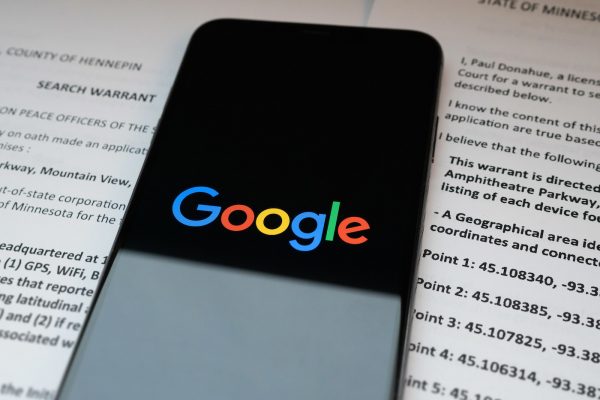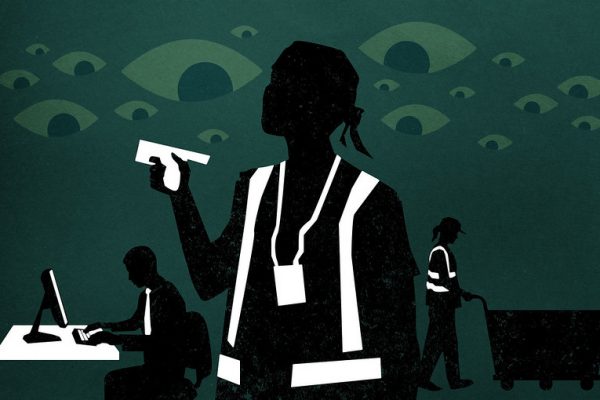In addition to turning the Internet into a worldwide surveillance platform, the NSA has surreptitiously weakened the products, protocols, and standards we all use to protect ourselves. By doing so, it has destroyed the trust that underlies the Internet. We need that trust back.
Trust is inherently social. It is personal, relative, situational, and fluid. It is not uniquely human, but it is the underpinning of everything we have accomplished as a species. We trust other people, but we also trust organizations and processes. The psychology is complex, but when we trust a technology, we basically believe that it will work as intended.
This is how we technologists trusted the security of the Internet. We didn’t have any illusions that the Internet was secure, or that governments, criminals, hackers, and others couldn’t break into systems and networks if they were sufficiently skilled and motivated. We didn’t trust that the programmers were perfect, that the code was bug-free, or even that our crypto math was unbreakable. We knew that Internet security was an arms race, and the attackers had most of the advantages.
What we trusted was that the technologies would stand or fall on their own merits.
We now know that trust was misplaced. Through cooperation, bribery, threats, and compulsion, the NSA—and the United Kingdom’s GCHQ—forced companies to weaken the security of their products and services, then lie about it to their customers.
We know of a few examples of this weakening. The NSA convinced Microsoft to make some unknown changes to Skype in order to make eavesdropping on conversations easier. The NSA also inserted a degraded random number generator into a common standard, then worked to get that generator used more widely.
I have heard engineers working for the NSA, FBI, and other government agencies delicately talk around the topic of inserting a “backdoor” into security products to allow for government access. One of them told me, “It’s like going on a date. Sex is never explicitly mentioned, but you know it’s on the table.” The NSA’s SIGINT Enabling Project has a $250 million annual budget; presumably it has more to show for itself than the fragments that have become public. Reed Hundt calls for the government to support a secure Internet, but given its history of installing backdoors, why would we trust claims that it has turned the page?
We also have to assume that other countries have been doing the same things. We have long believed that networking products from the Chinese company Huawei have been backdoored by the Chinese government. Do we trust hardware and software from Russia? France? Israel? Anywhere?
The NSA has weakened the products we all use to protect ourselves.
This mistrust is poison. Because we don’t know, we can’t trust any of them. Internet governance was largely left to the benign dictatorship of the United States because everyone more or less believed that we were working for the security of the Internet instead of against it. But now that system is in turmoil. Foreign companies are fleeing U.S. suppliers because they don’t trust American firms’ security claims. Far worse governments are using these revelations to push for a more isolationist Internet, giving them more control over what their citizens see and say.
All so we could eavesdrop better.
There is a term in the NSA: “nobus,” short for “nobody but us.” The NSA believes it can subvert security in such a way that only it can take advantage of that subversion. But that is hubris. There is no way to determine if or when someone else will discover a vulnerability. These subverted systems become part of our infrastructure; the harms to everyone, once the flaws are discovered, far outweigh the benefits to the NSA while they are secret.
We can’t both weaken the enemy’s networks and protect our own. Because we all use the same products, technologies, protocols, and standards, we either allow everyone to spy on everyone, or prevent anyone from spying on anyone. By weakening security, we are weakening it against all attackers. By inserting vulnerabilities, we are making everyone vulnerable. The same vulnerabilities used by intelligence agencies to spy on each other are used by criminals to steal your passwords. It is surveillance versus security, and we all rise and fall together.
Security needs to win. The Internet is too important to the world—and trust is too important to the Internet—to squander it like this. We’ll never get every power in the world to agree not to subvert the parts of the Internet they control, but we can stop subverting the parts we control. Most of the high-tech companies that make the Internet work are U.S. companies, so our influence is disproportionate. And once we stop subverting, we can credibly devote our resources to detecting and preventing subversion by others.







